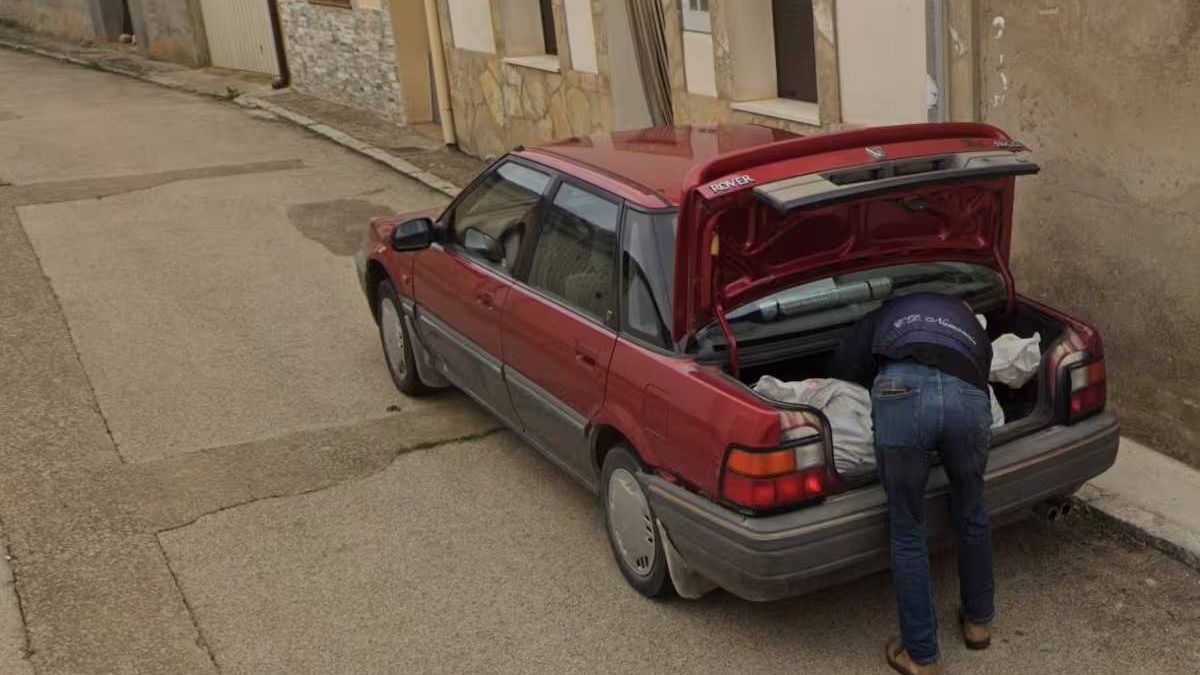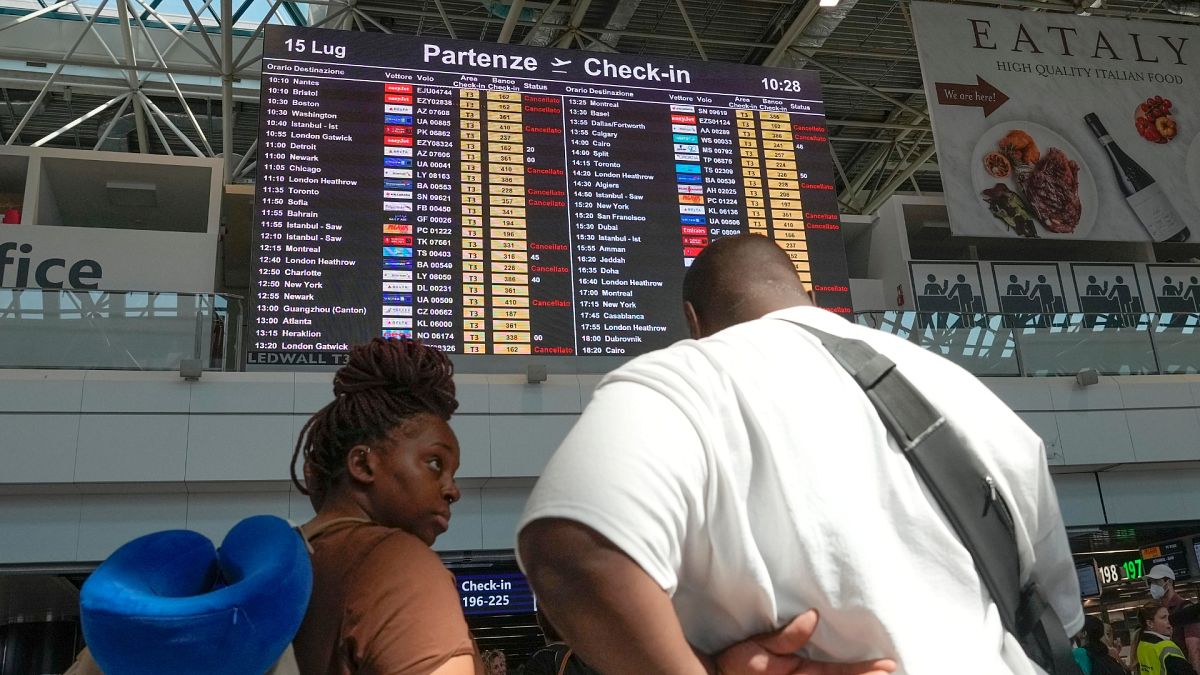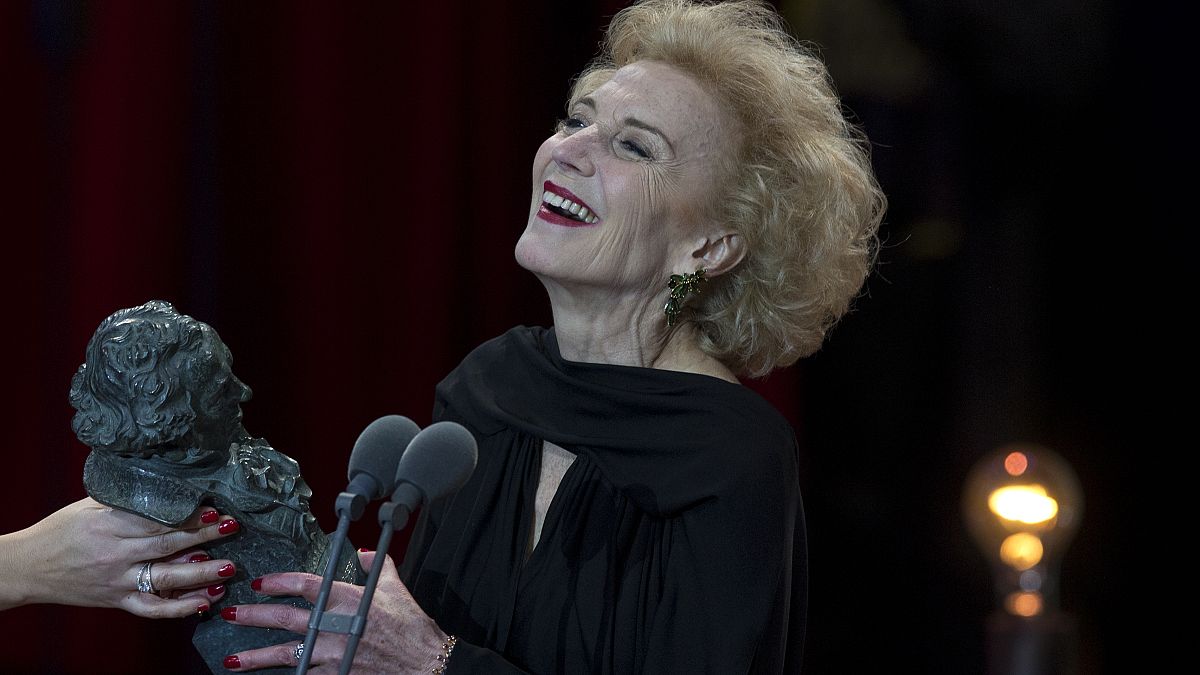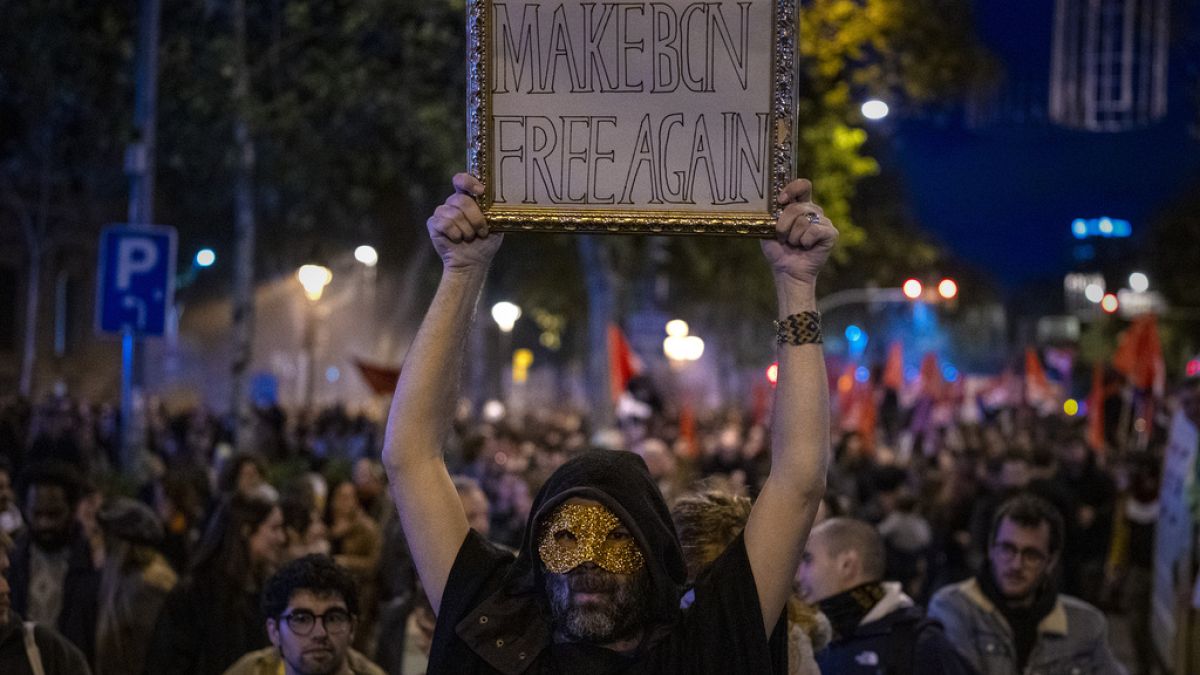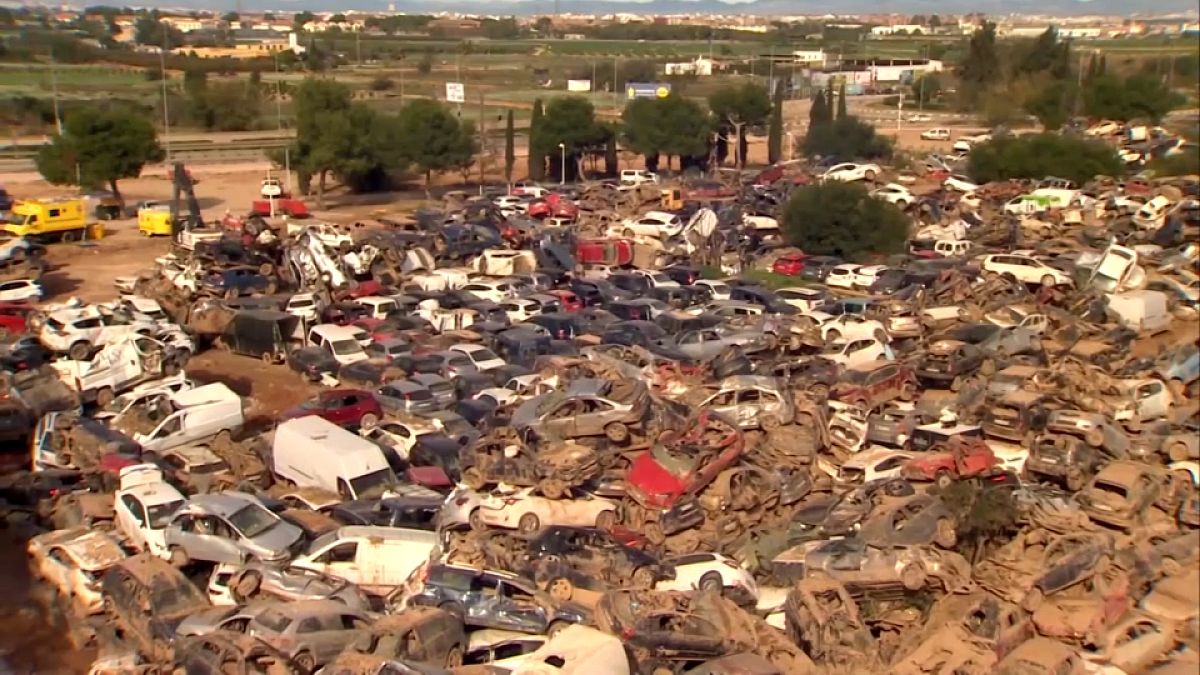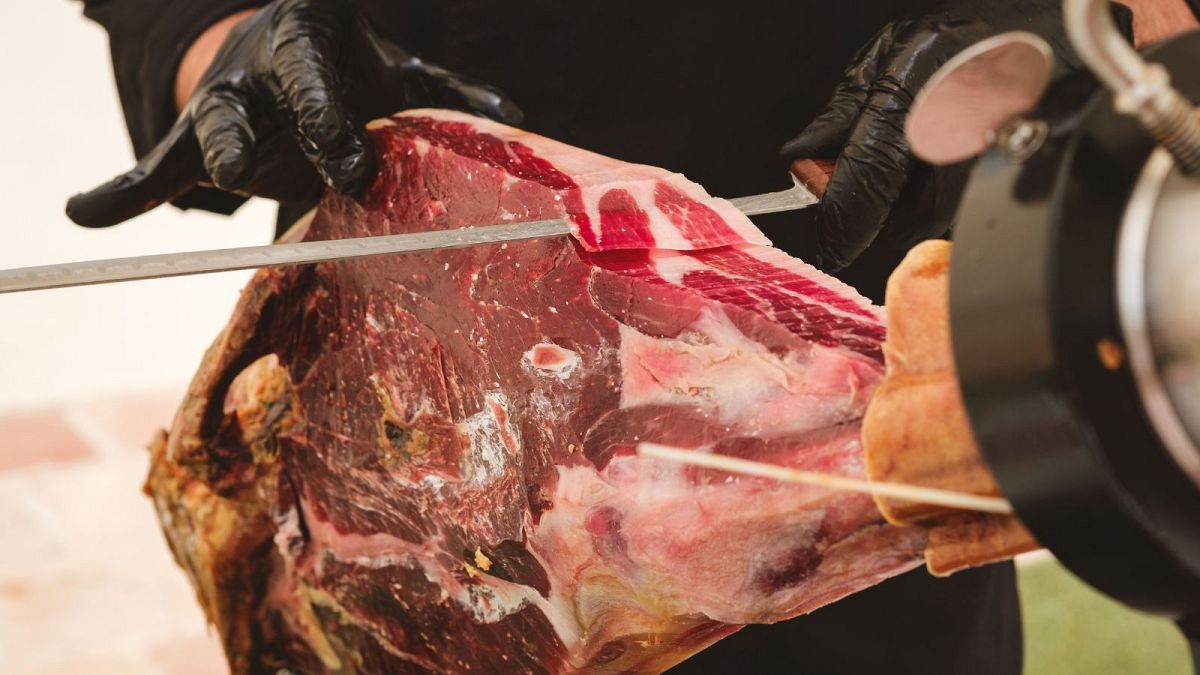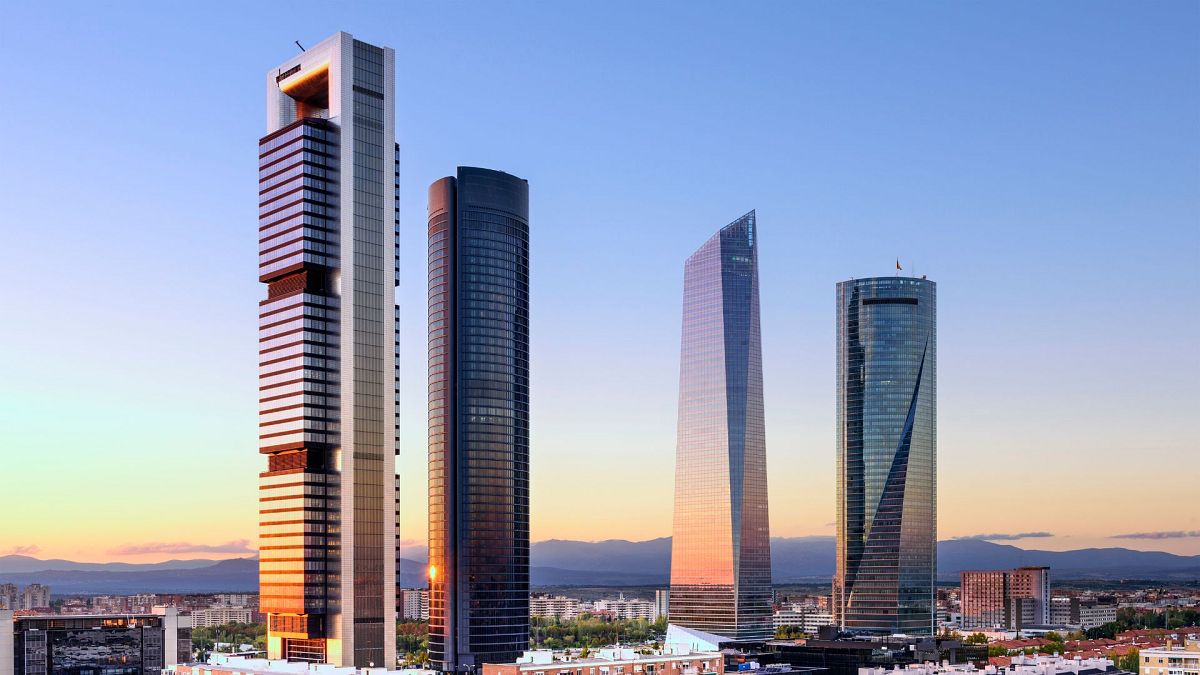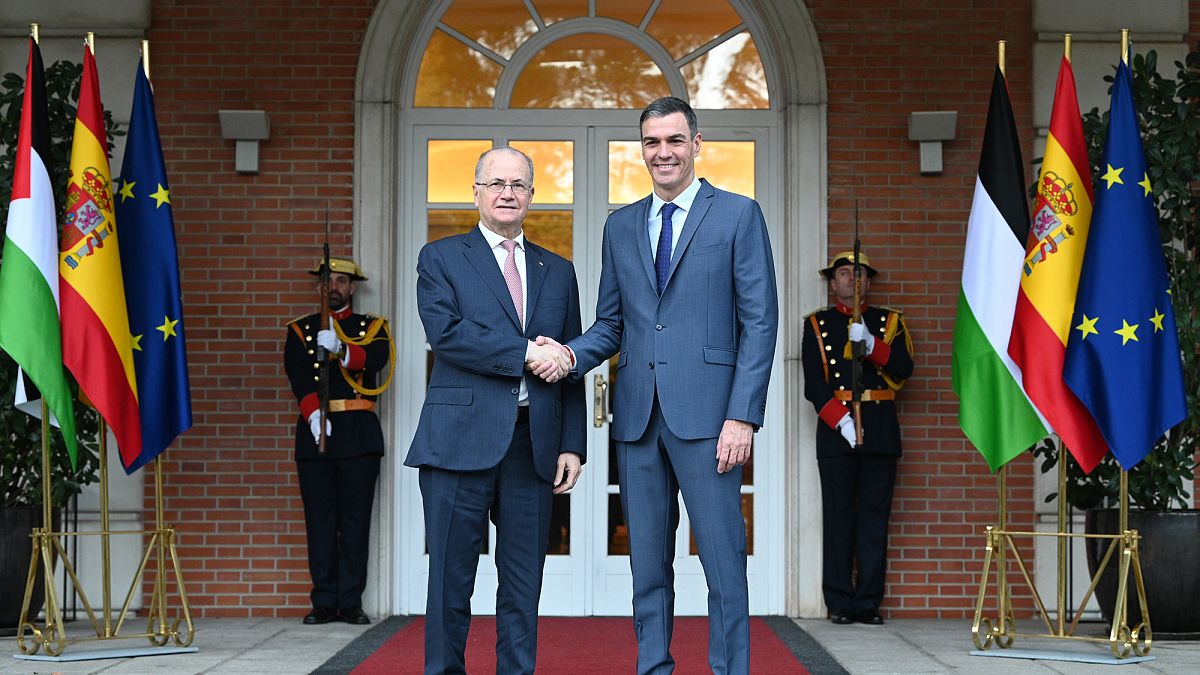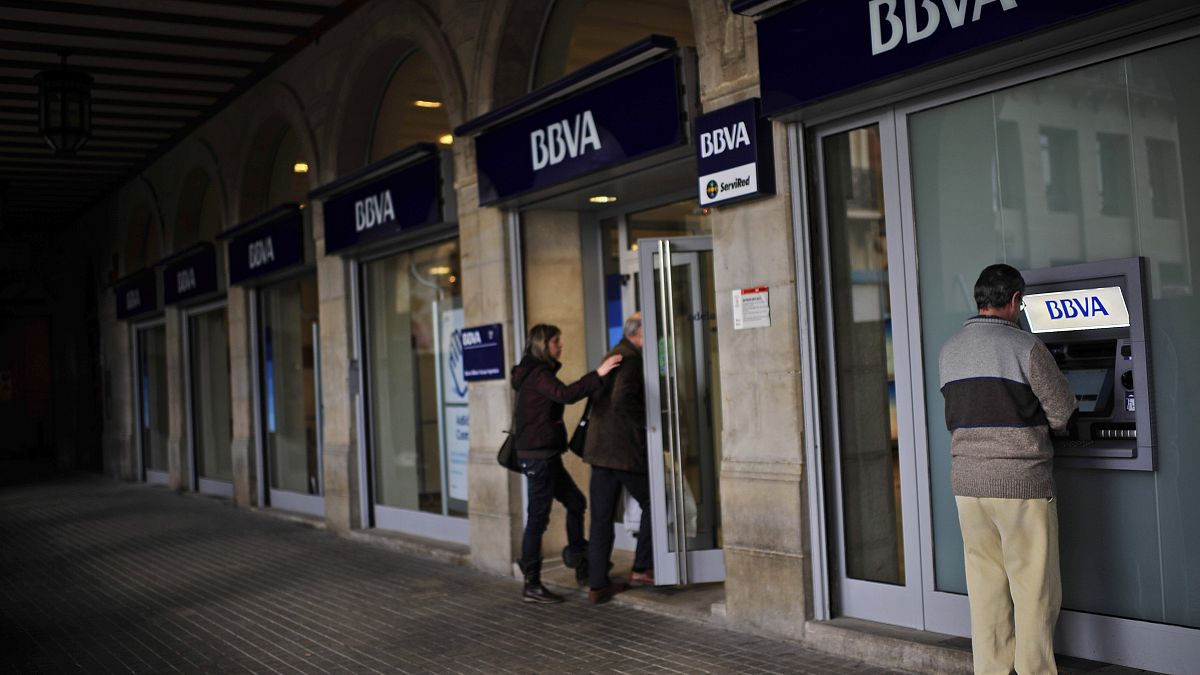Spain’s littlest bullfighters see red over their right to work
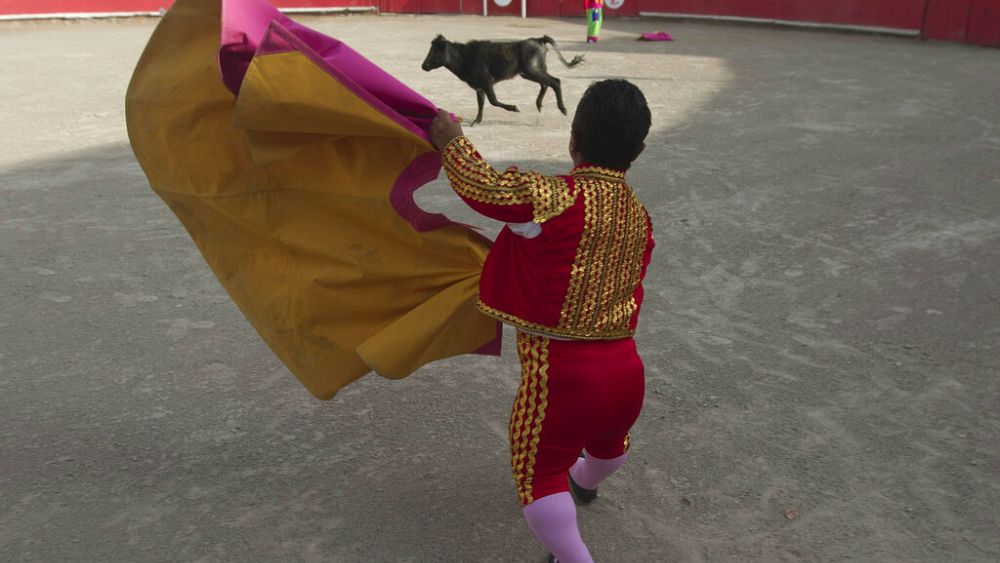
Spain’s parliament has banned bullfighting performances featuring dwarves dressed as firefighters or clowns, but the ‘bombero toreros’ are fighting back.
In his native Venezuela, Anderson Torres spent every weekend in the bullring – he didn’t want to miss any of his father’s performances.
He still vividly remembers the pride he felt when he saw his father going out to face a bull, and how the crowd gazed in awe. He loved to hear the fans cheering wildly as his father started his performance driving a really small car, where no one else could fit.
People with achondroplasia, a bone growth disorder that causes the most common type of dwarfism, have long dressed as firefighters or clowns in Spain, to chase young bulls or cows in a comedic spectacle called ‘bombero torero’ – which translates literally as ‘fireman bullfighter’.
This tradition was one of the most popular shows during the period of General Franco’s dictatorship from the late 1930s through to the mid-1970s, and although it has declines in popularity ever since, it still attracts enthusiastic crowds at festivals in towns up and down the country.
For Anderson, who is 1.30 metres tall, growing up with this disorder was not easy. But being able to see his father in the ring, who also has achondroplasia, filled him with joy.
“At first I only watched his shows, but one day I dared to enter the bullring. The first time I did it I was 18 years old. I liked it very much as it’s in my blood”, Anderson told Euronews.
Soon after he started performing, he got the opportunity of a lifetime. The head of the ‘Popeye Torero’ company, which puts on these shows, saw him perform in Venezuela.
“That same afternoon he said to me: ‘Anderson, do you want to come to Spain?’ – I took the opportunity, and thanks to him, I can live in this country because the situation in Venezuela is not good”, he says.
Things have changed quite a lot since he arrived in Spain, and now the Venezuelan is worried about his future.
The Spanish Parliament has recently banned bullfighting events featuring dwarves. The regulation, pushed forward by the Social Rights Commission, argued that “it subjects people with dwarfism to humiliation in public squares”.
Anderson does not understand this rule. “They want to stop us from doing something we like. We feel very good performing this show, we have a lot of fun”.
The end of those events means he will no longer earn €500 per performance – an amount that helped him make ends meet every month. His only option now is to keep working as a waiter and in public relations for a nightclub.
“I will miss performing in the bullring, it’s what I like the most”, he laments.
A humiliating performance?
The “little ones”, as the people with achondroplasia call each other, have taken their fights out of the bullring and onto the streets, demonstrating in front of the Spanish Parliament in Madrid.
Despite this, the Social Rights Ministry welcomes the ban as they believe the show is based on mockery, degradation and humiliation of a physical condition.
The law passed brings Spain into line with the United Nations Convention on the Rights of Persons with Disabilities.
“I am a person with dwarfism and for me this is an absolutely undignified and indecent job. We could not continue promoting a culture based on making fun of the dwarf”, says Jesús Martín, the director general of Spain’s Royal Board on Disabilities, which advises the Social Rights Ministry.
“It goes against article 17 of the Convention, which talks about protecting the integrity of people with disabilities, and article 5, about equal opportunities and non-discrimination. This spectacle subjects a person to ridicule and humiliation in a public square because of his disability”, he adds.
The four main Spanish civil society organisations defending the rights of people with achondroplasia reported Spain to the European institutions over what they consider to be humiliating treatment of the bombero toreros.
“The show took place in a village in southern Spain and parents took their children to see it. The next day a girl with dwarfism went to school, her classmates chased her around the playground recreating what they had seen and trying to beat her up”, says Susana Noval, director of the Alpe Acondroplasia Foundation.
“People with dwarfism go out at night and some throw coins at them because they think they are part of these shows. It ridicules them and perpetuates the stigma of this group”, she adds.
The foundation estimates there are approximately 4,000 people with dwarfism in Spain, of whom less than 100 are involved in bombero torero shows.
“The group is so vulnerable that, even if there are only a few people doing this, it is enough to undermine their dignity,” says Noval.
Anderson refutes her statement. He says as a “comic” artist, his aim is to make people laugh from the very first minute.
The company he works for, ‘Popeye Torero’, is run by Juan Ajenjo. The businessman says he’s never experienced anything like this in more than 40 decades in the profession, and he regrets the ban while trying to make the numbers add up.
“The Ministry of Social Affairs is violating the rights of these people, their right to work freely. They are artists and bullfighters. The audience is not laughing at their height, but at the work they do”, he says.
Employment difficulties
Ajenjo is now wondering what will happen to the “little ones”, since “nobody gives them work”. His former employees have always found it difficult to be hired, and having other job offers has been very complicated.
As a stopgap, the Spanish government is trying to draw up a register of people with dwarfism who take part in these shows in order to find out the scale of the problem and design a programme that will “help them get out of precariousness”.
According to the director general of Spain’s Royal Board on Disabilities, €200,000 had been set aside for the professional retraining of people who have been affected by the ban.
“We see it as a shield that we have put in place so that people do not have to find themselves in this precarious situation”, he says. When questioned about the freedom “little ones” should have in picking their job, he replies sharply: “Freedoms and rights have limits. To talk about freedom here is a perverse approach”.
Anderson doesn’t think the government’s effort will be enough and asks to be allowed to do what he loves.
“Why don’t they let us be? We don’t interfere in their lives”, he says.
Source: Euro News



